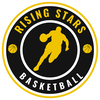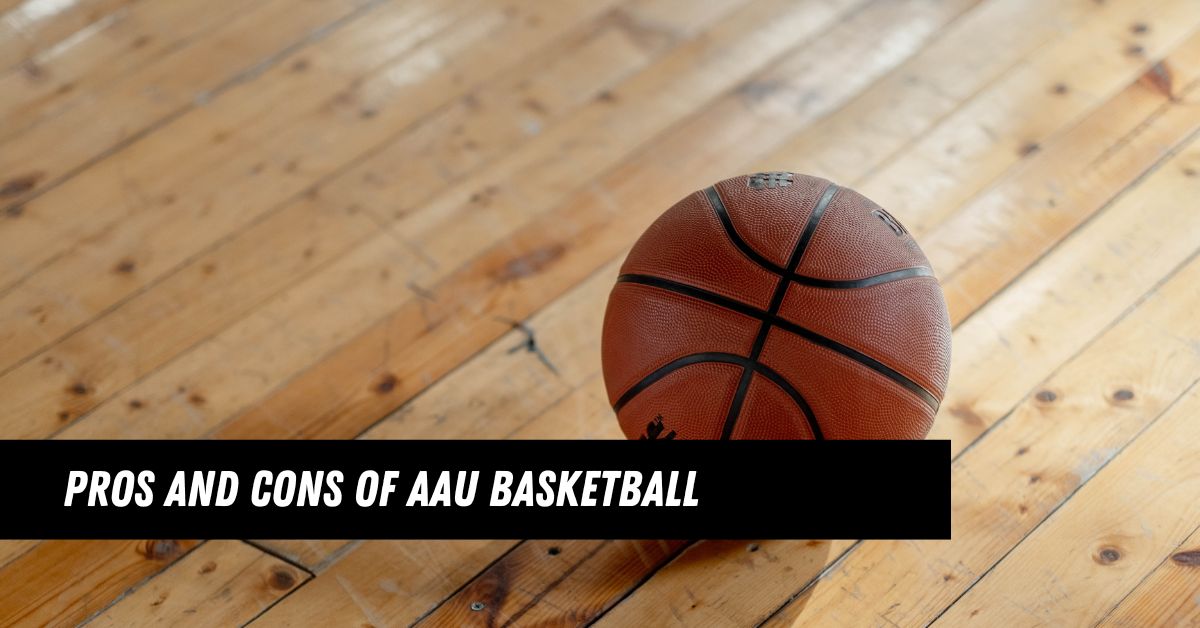Pros and Cons of AAU BasketballTraditional AAU Basketball became popular in the 1980s when Sonny Vaccaro and Phil Knight started working together to spread the youth basketball movement across the nation. In this attempt, they signed college coaches, and AAU coaches to large shoe contracts in lieu of recruiting highly coveted prep players. This started the power-team movement that we see today. The highest rated players in the country come together to play on the same AAU teams, they win national championships, and get massive amounts of exposure with colleges, and professional programs.
AAU stands for the Amateur Athletic Union, and was originally created as a formal and unified way of advancing youth development through sports and fitness programs. This was initially set up as a nation-wide league to allow the Olympic-bound athletes to compete against one another throughout the year with hopes of preparing them for international competition. Before the 1980s, this was offered to only a few select individuals per sport. Today, anyone with gym space and a clipboard can start an AAU Club. Some of the options include paying $60 to start a club, up to $300. The players must be vetted through the Amateur Athletic Union and carry a membership card - or - you can simply compete in tournaments against non-AAU athletes. This approach has opened up opportunities for a lot of "under the radar" players to be discovered, and in some cases, a lot of "under the radar" athletes outperformed the highly recruited prospects. Pros of AAU Basketball 1 - Under the Radar Athletes The under the radar athletes get an opportunity to play against those that are receiving offers from Division I and Division II NCAA schools, as well as NAIA DI or other scholarship bound schools. We have all heard stories of an athlete from small town USA that went on to play in a tournament somewhere, and while there, the scouts were watching this highly recruited athlete. Little did they know, he/she would be competing against a diamond in the rough. That player goes on to get discovered, recruited and has a great collegiate career - or - eventually end up in the professional ranks. 2 - Playing Against the Best Competition Unlike school ball, or a school-based travel team, you are competing against some of the best players in a given region, or city, as they join forced to represent a club. Imagine, the all-conference team joining forces to create a team. Now, that team gets beat by 40 points to another team with only Playing-of-the-Year athletes from the nearby 10 conferences. That's what AAU can be like. 3 - Developing Skill One of the most discussed aspect of program development is that the athletes don't get enough time working on their skills. While the vast majority of AAU Clubs don't work on skill development - we at Rising Stars have a primary focus of skill development. Our goal is to develop athletes that can operate in a postion-less offense, play any position, and return to their school teams a renewed asset to the program. That may be advancing them to the varsity level, increased role on the team, perhaps the all-conference or all-state selection they were hoping to become. That all starts with skill development. 4 - Increased Game Play Experience A secondary topic discussed with most parents and coaches is that players just don't get enough court time to learn how to handle a press, read a defense, compete and win against more athletic players, take those open shots, or attack defenders using the new skills developed. All of this is possible with a strong, and competent AAU Club. 5 - Long-Lasting Friendships While this isn't 100% related to game play, skill development or experience - you do have the human element of making friends with other high-level players from different states, cities and/or regions within your state. In our first two years of operation, we have found that many of the players have made friends with, hang out with, and spend time with in the off-season, their teammates from the previous year. They attend each other's sporting competitions. Cons of AAU Basketball 1 - Minimal Prep Time This may not seem like much of a big deal, but this is where you find our how diverse your athletes can be. In just a day of tournament play, you may play 3 to 5 games. The first game, you may see a full court press and trap. The second game, you may see a 2-3 half court zone, the third game you may a 3/4 court 1-3-1 with a trap in the corners. All of these are extremely diverse and very much different defenses. In a normal school or travel season, you're able scout and prepare for those teams. owever, in AAU circuits, you have zero prep time, no scouting report, and no information on who the primary players will be. In some cases, you're walking into a buzz-saw, while other games you're walking into familiar territory. 2 - Super Teams & Older Players This is the most common theme in AAU Basketball. There are clubs around the United States that focus exclusively on recruiting the top tier talent, and the top-tier talent-only. As a development program or local and regional program, this can be a mismatch from every single angle. While these clubs tend to be on the "Select" circuit, there are tournaments where you will run into a select team as a local or regional club, and it always ends up with the same result - a 40 point loss. You also run into the situation where some players are clearly older than the age bracket. As we see commonly in the 12, 13 or 14 year old brackets, the athletes are clearly HS athletes playing down to generate wins for their club. 3 - Poor Coaching We have had our fair share of poor coaching through AAU. Kendal is now an 8th grader, and her prior experiences include playing for various AAU coaches that are current high school players with minimal knowledge or oversight. Others were local volunteers that had minimal experience with basketball beyond their high school days. The main challenge is that it's a "My way or the highway" approach, meanwhile, parents are paying top-dollar to participate and have a positive experience while hoping to develop their child's skills, game knowledge, and placed into positions to succeed. 4 - Winning over Development Every club is going to have priorities. Some clubs focus on winning medals, trophies, and holding winning records. Other clubs focus on developing the athlete's skills, game experience and overall character. You, as the parent, have the opportunity to choose which path you want your athlete to embark on. If you google, "Cons of AAU Basketball", you'll find forums filled with parents talking about their son or daughter joining a team, and sitting the entire summer, attending practices, and getting minimal game experience. Frankly, if you're holding try-outs, the assumption is that you're not truly focused on development, rather, finding the best possible talent so the club holds a winning record that summer. It is recommended to have an interview with the coaches, club director, and learn more about the mission and vision of the club, to see if you and your athlete are a great fit. 5 - Money and Time We cannot gloss over the fact that AAU Basketball comes with a price tag. Local clubs near us have annual membership fees from $695, $795, and $1,100 per player. These costs are to cover tournament fees, gym rental fees, insurance, team jerseys, team merchandise, paying coaches, travel expenses, and equipment. In addition to participation, you have to factor in travel to and from tournaments, hotel and room fees, mileage and gas, as well as any wear and tear on the vehicle. Other fees that aren't discussed include recreational activities. I tell parents to expect to spend around $2,500 to $3,000 each summer. We can't do much about hotel room, mileage and gas, meals or activities. We can do our best to generate sponsorship dollars from local businesses to help offset the costs of tournament fees, gym rental fees, insurance, and jerseys. Take some time to consider a budget, or work with your club director to establish a budget for each tournament for families, and develop strategies to help cover costs. |
Rising Stars BasketballAbout Us
2023 Registration Information
Skills Camps
Workouts & Drills
Tips & Articles
|
Areas ServedHayward Wisconsin
Lac Courte Oreilles Winter Wisconsin Bruce Wisconsin Hurley Wisconsin Birchwood Wisconsin Bayfield Wisconsin Ashland Wisconsin |
Rising Stars BasketballWisconsin AAU Basketball
Crossover Crew 3v3 Basketball League Skills Camps Tips & Articles Workouts & Drills Podcast |
Contact Us |
Rising Stars Basketball Club | 10767 Nyman Ave, Hayward Wisconsin | www.Rising-Stars.us | Powered by Superior Marketing

